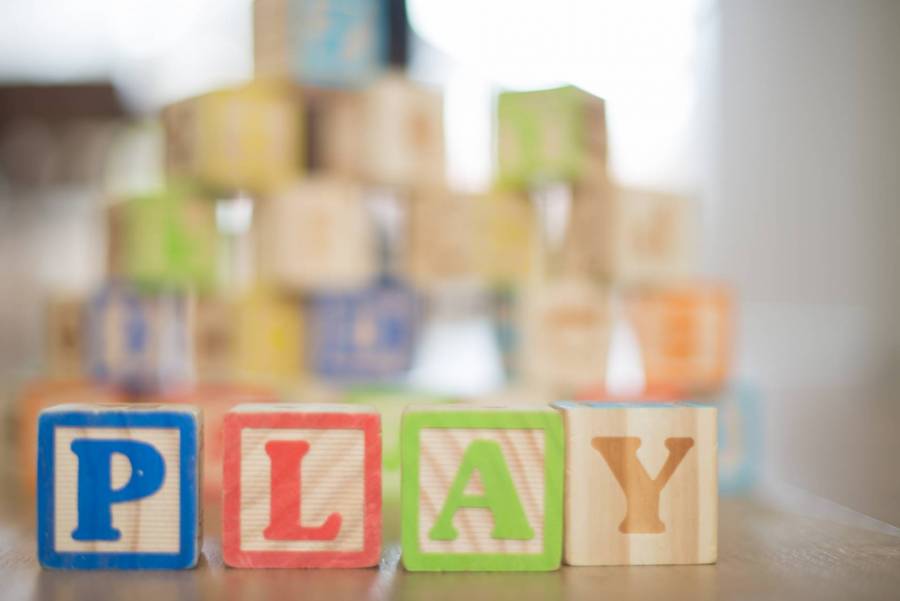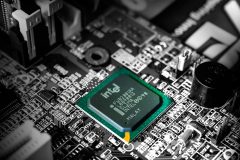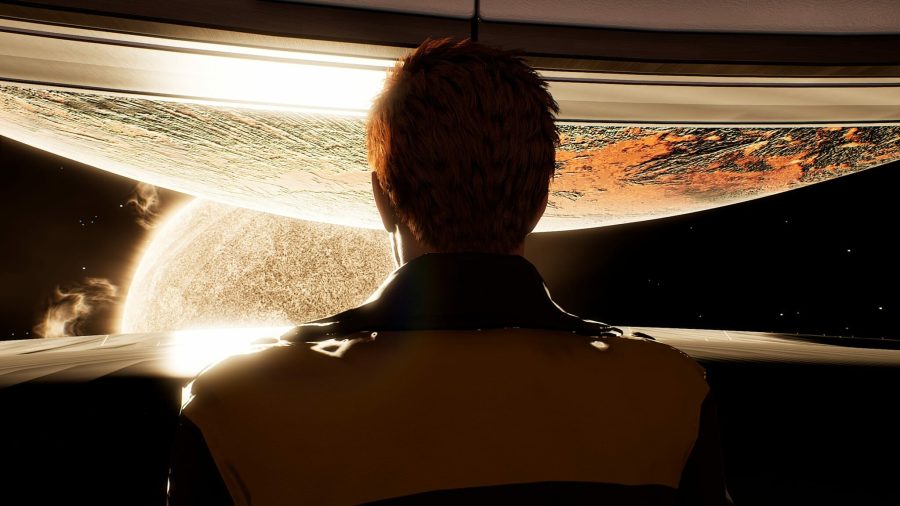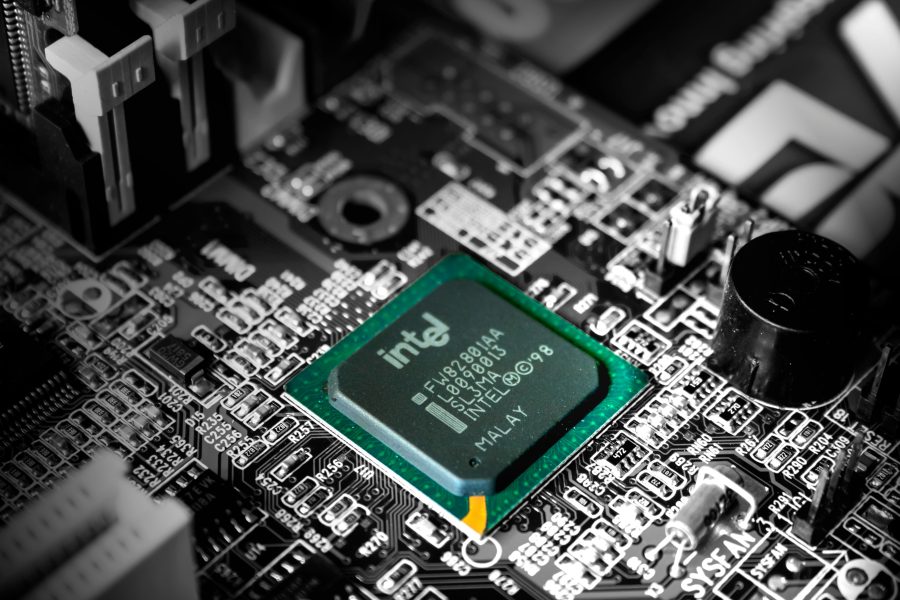In conjunction with the 2nd Annual San Francisco Blockchain Week last week; PlayTable and ToyBox announced they’ve entered into a strategic partnership focused on enabling blockchain for toys, souvenirs, and collectibles designed and printed on the Toybox 3D Printer.
PlayTable and Toybox look to capitalize on the tailwinds and fusion of blockchain for collectibles and gaming purposes
Big name consumer toy and collectible brands, as well as gaming companies, are all searching for ways to incorporate and leverage blockchain technology in their business. Digital collectible AR/VR platform Terra Virtua partnered with WAX Blockchain to enable gamers to take real dollars-and-cents ownership of in-game purchases.
The NBA, National Basketball Players Association and Dapper Labs (the creator of ‘CryptoKitties’) partnered to launch a platform called NBA Top Shot for basketball fans to purchase, trade and own digital collectibles like sports shirts on a blockchain.
CBS Interactive partnered with Lucid Sight to release the first generation of Star Trek True Digital Crypto Collectibles of Six iconic ships from the Trek universe as digitally minted, cryptographically secured, collectibles, that can be played within Lucid Sight’s game Crypto Space Commander, a space MMO sandbox that utilizes blockchain to power its Play To Own user economy.
There is no shortage of ideas being pursued to address this market, and rightfully so. The market opportunity to build a business model fusing collectibles and gaming is tremendous. Collectibles are estimated to be a $370-billion-dollar market while gaming, including board games and card games, is nearly a $200-billion-dollar addressable market. This partnership between PlayTable and Toybox will aim to bridge those two industries.
PlayTable and Toybox’s partnership aims to expand PlayTable’s unique Toy-Reality offering, which is the confluence between physical toys, digital gaming, and blockchain
Toybox is the Shark Tank funded 3D printing toy company for kids that interacts with smartphones or computers to allow kids to create their own toys. Users can select from pre-loaded toy designs or they can even use ToyBox as a regular 3D printer.
PlayTable is the world’s first tabletop board game gaming console that is blockchain-enabled. Powered by the VeChainThor blockchain technology and native EHrT tokens, kids and adults alike will be able to design toys that are equipped with RFID technology and link Virtual Integrated Metadata (VIM) – PlayTable’s non-fungible token – to it. When used with PlayTable’s interactive surface the toys come to life in a world and digital game experience that entirely new ground for board games, video games, and educational programs.
By utilizing and burning EHrT tokens to mint VIMs, this process ensures that every toy is unique with its own story and statistics. When used alongside the PlayTable console, players will be able to control characters in the real world, and have their moves updated on display, store progress, experience, digital goods, special abilities, etcetera on the toy and in the blockchain ledger.
The biggest unknown for blockchain with regards to collectibles and gaming is how to increase adoption and make blockchain more accessible and understandable by the mainstream consumer
Some of the most innovative minds trying to tackle this problem came together to speak on the subject at the San Francisco Blockchain event, including Sunny Lu (Co-founder & CEO at VeChain), Xiaoning Nan (Founder & CEO at OceanEx), Zack (Co-founder & COO at CyberX), Alyssa Tsai (Founder & CEO at PANONY and PANews), and John Dempsey, (CEO at PlayTable & Founding Director at 8Hours). The panel addressed a variety of ideas on how to let users easily navigate and explore blockchain and its related tools to not only address public concerns; but also to increase adoption efforts.
Sunny Lu (Co-founder & CEO at VeChain) spoke a lot about blockchain’s practical business applications as well as VeChain. CEO and Founding Director at 8Hours, John Dempsey, echoed Sunny Lu by commenting on VeChain’s blockchain solutions and how conducive they are for actual business models and how he believe PlayTable is cracking that code.
The partnership will act as a gateway to blockchain for the mainstream consumer
This idea of having a physical object act as an intermediary between user and blockchain helps the user explore and interact with it easier. This, in general, will help users understand the blockchain as well as dispel any concerns that they may have over security, or even how transactions function.
PlayTable and ToyBox help bring users into the PlayTable ecosystem and community by giving them a physical means to interact with it. This gives people a stake within the community, as well as a reason to continually interact with that community, all while having fun. Lastly, PlayTable also introduces users to blockchain-related tools, such as wallets.
The ultimate goal is to give users the physical means to interact with this technology, all while having fun and creating memories. ToyBox and PlayTable work together to expand the imagination and challenge how we traditionally think of play.










